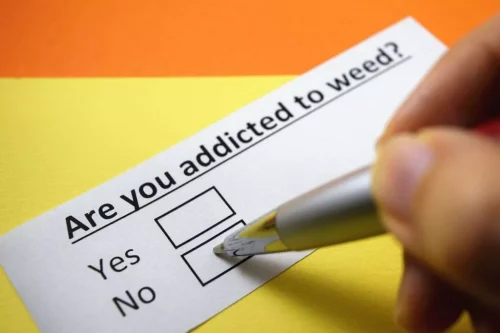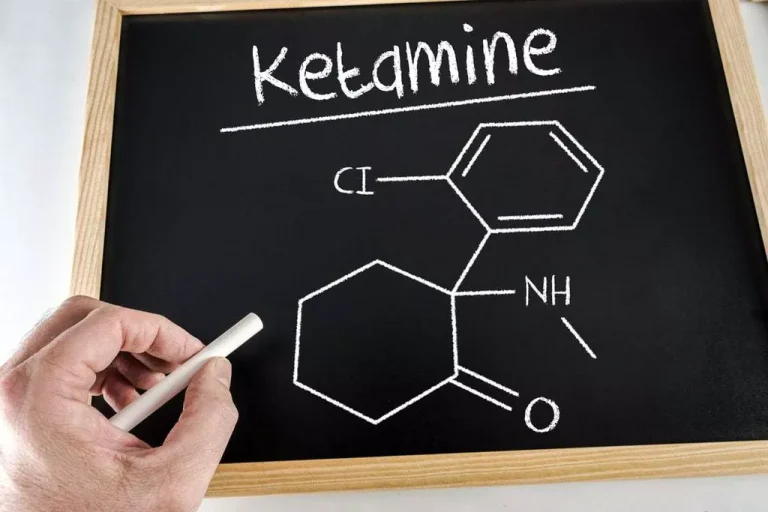
The only solution for alcohol intolerance is to completely avoid alcohol. A small 2014 study of Chinese people with a beer allergy found that sensitivity to sorghum or sorghum malt was the most common cause. Another reason why alcohol can cause wheezing is that it not only contains histamines but also stimulates the body to release excess histamines, causing an inflammatory response. When this inflammation occurs in the airway, patients can experience wheezing and shortness of breath. It could also be that alcohol has a natural side effect to make people congested.
What Does it Mean If I Have Nasal Congestion After Drinking Alcohol?
- Hodgkin’s lymphoma is a type of cancer that can affect your lymphatic system.
- A food (or drink) intolerance is different from a food allergy in that intolerance is not mediated by the the immune system protein IgE.
- If you develop any signs of a severe reaction, you should receive one or more doses of epinephrine.
- If you get gustatory rhinitis, there are many treatments and management methods to choose from.
But not many people realize that there are many ingredients, additives, and preservatives within alcoholic beverages that can cause negative side effects. In some people, these reactions look like allergy symptoms even though they don’t have a true allergy to alcohol. This could be due to the histamine response, which is common when you’re allergic to something. “Most reactions are mediated by a histamine pathway and it behaves like any allergy,” Dr. Luiza Petre, M.D., a cardiologist, tells Bustle.
Alcohol intolerance

You’re more likely to have allergies if you have a family history of allergies. A personal or family history of asthma also increases your chances of developing an allergy. The first is that alcohol contains compounds that act as allergens. The most common of these compounds are sulfites, which are typically highest in beer, brown liquor, and cider. Even if people don’t consume enough alcohol to cause a hangover, they can still get a headache from drinking.
Sunset Forte Alcohol Flush Support

This will reduce the alcohol in the drink and make it less likely to trigger a sneeze. Keep reading to learn more about why you sneeze after eating and how you can prevent sneezing fits after eating in the future. Congeners are more likely to produce a hangover or make a hangover worse.
- Therefore, it is likely that your family members are at risk for the same problem.
- You had a long week, and you opened that bottle of wine to help you relax — but instead you wound up with a stuffy nose you now have to deal with.
- Mixed drinks containing any of the ingredients mentioned earlier are also likely to cause sneezing.
- You might also react to certain alcoholic beverages if you have a histamine or sulfites intolerance.
- As with the other symptoms, take note if this happens even after one drink.
Anaphylaxis is a life threatening condition that involves a series of symptoms, such as a rash, low pulse, and shock. When it comes to how alcohol impacts asthma, the conclusions are less set-in stone. Researchers are still trying to uncover the exact link, but some studies suggest alcohol makes asthma symptoms worse and can even lead to asthma attacks. Wine-intolerant persons were also more likely to report intolerance to beer and alcohol in general. Just like wine, beer has a lot of ingredients that can make someone react negatively. Some of the most common culprits for reactions are gluten, hops, wheat, and yeast.

Allergy symptoms that affect breathing or have the potential to block your airway, such as swelling in the mouth or of the tongue, can be life-threatening. If you have any of these symptoms or you are with someone who does, you should immediately seek emergency help by calling 911. Scientists will go a long way out of their way for a funny acronym.
- It should not be used in place of the advice of your physician or other qualified healthcare providers.
- These compounds are often added to beer and wine to limit the growth of yeast and act as a preservative.
- It could also be that alcohol has a natural side effect to make people congested.
- That runny or stuffy nose you get if you’re intolerant to alcohol may feel and seem like allergies, but it’s not.
- This is why people who drink alcohol at bedtime (especially in excess) may fall asleep quickly, but they are also more likely to experience fatigue and insomnia in the long run.
If you regularly sneeze after eating, you might be wondering how something in your stomach can irritate your nose. Eating certain types of food or very large meals can both cause nasal irritation. Some people take pain relievers to prevent hangover symptoms. But ask your healthcare professional if this is safe for you and how much medicine is best for you. These medicines may not work well together with other medicines you take. A hangover is a group of unpleasant symptoms that can happen after drinking too much alcohol.

If you’re looking for a way to prevent sneezing when you drink, try making your cocktails with fresh fruit juices instead of using pre-made mixes. This will help reduce the number of histamines in your drink and make it less likely to trigger a sneeze. If you find that certain foods make you sneeze, such as strawberries or shellfish, try avoiding them before you drink. This will help to reduce the number of histamines in your system and make it less likely that they’ll trigger a sneeze. The most likely explanation is that alcohol dilates blood vessels in the nose, which can cause irritation and lead to sneezing.
If drinking from a glass makes you sneeze, try drinking through a straw instead. This will help reduce your nose’s contact with the drink and make it less likely to trigger a sneeze. If you find that warm drinks make you sneeze, try chilling them before you drink them.
This figure represents people sneezing after drinking alcohol whose symptoms are traceable to what the manufacturers made the product from and its production process, not the alcohol itself. If you’re taking medication, check with your doctor to see if it’s OK to drink alcohol while you take it. Alcohol allergies are rare, but if you do have one, it doesn’t take much to trigger a reaction. Normally your body produces an enzyme called diamine oxidase (DAO) to break histamine down. If your body doesn’t produce enough active DAO, you may react to histamine in foods and beverages. Rarely, severe pain after drinking alcohol is a sign of a more serious disorder, such as Hodgkin’s lymphoma.
